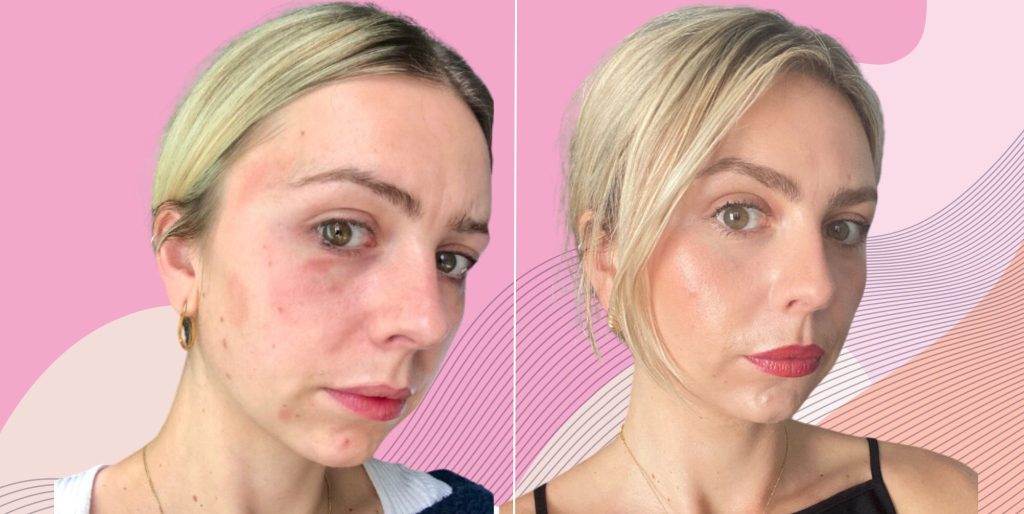The Ultimate Guide to DIY Beauty: Creating Your Own Face Masks and Scrubs
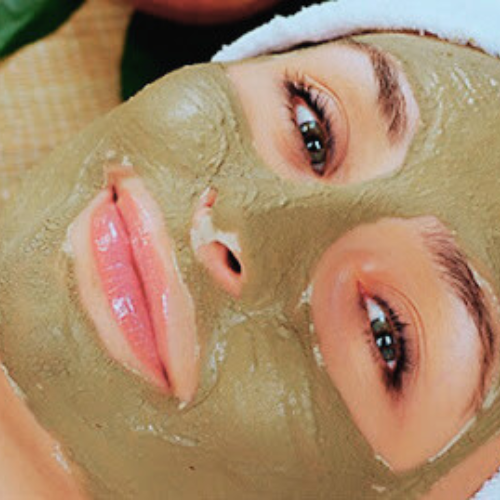
In an era where natural and organic products are highly prized, creating your beauty treatments at home has never been more appealing. DIY face masks and scrubs allow you to control the ingredients, ensuring that your skincare routine is free from harmful chemicals and tailored to your specific needs. This guide will walk you through the benefits, essential ingredients, and step-by-step processes for making your face masks and scrubs, while also highlighting common pitfalls and advanced tips for enthusiasts.
Key Takeaways
- DIY beauty products allow for complete control over the ingredients, ensuring they are natural and free from harmful chemicals.
- Creating your face masks and scrubs is cost-effective and customizable to suit different skin types.
- Essential ingredients for homemade beauty treatments include natural exfoliants, hydrating agents, and soothing additives.
- Avoid common mistakes such as using harsh ingredients, improper storage, and over-exfoliation to ensure the effectiveness and safety of your DIY products.
- Incorporating mindfulness and a relaxing routine into your DIY beauty regimen can promote overall well-being and elevate your skincare routine into a holistic self-care ritual.
Benefits of DIY Beauty Products
Understanding the Ingredients
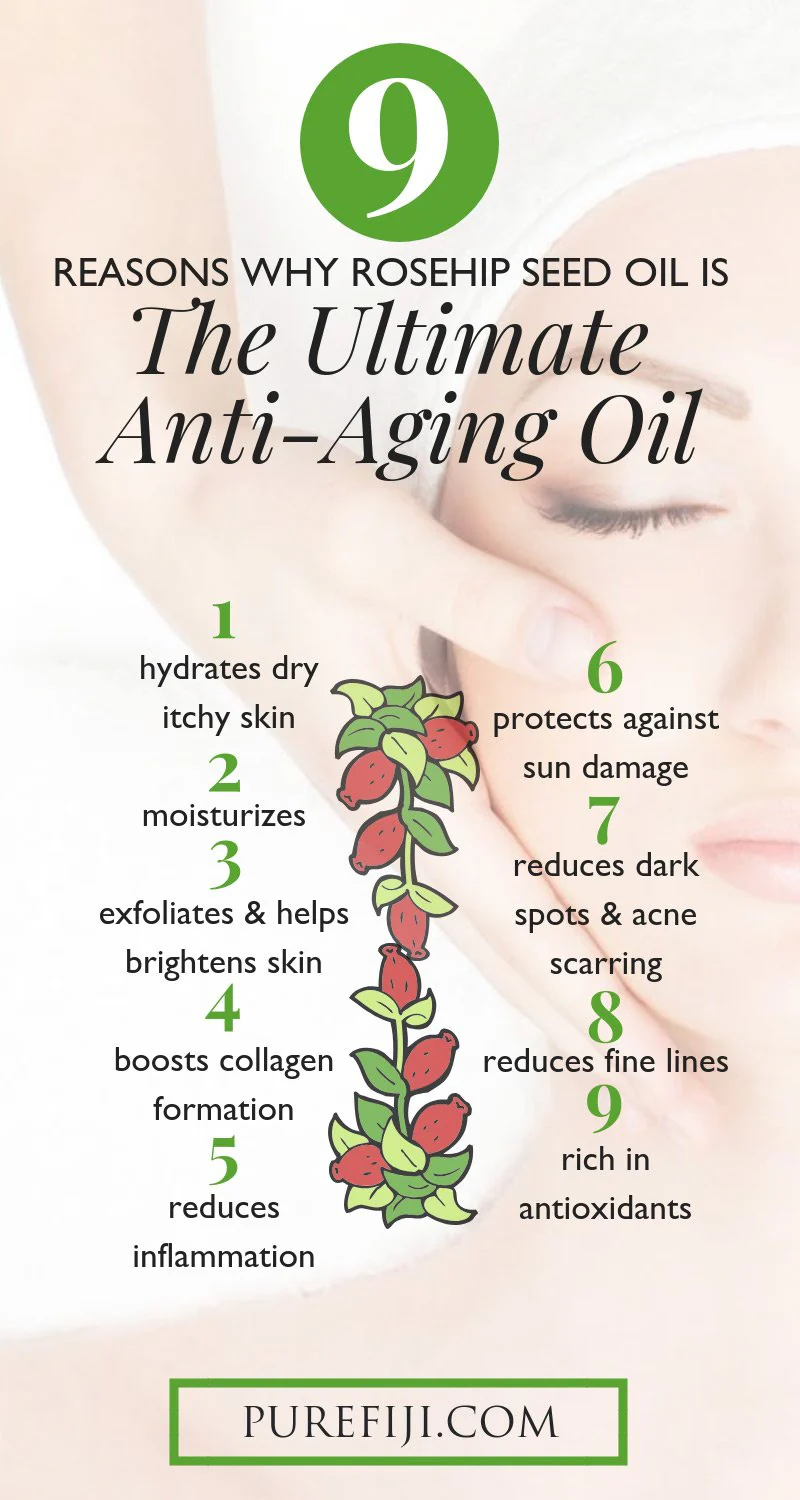
One of the most significant benefits of DIY beauty products is the ability to control what goes into them. Scientific studies have shown that ingredients like aloe vera, coconut oil, shea butter, and green tea possess antioxidant, anti-inflammatory, and moisturizing properties. By making your products, you can avoid harmful chemicals and tailor the ingredients to suit your skin’s needs.
Cost-Effectiveness
Creating your beauty products can be incredibly cost-effective. Many of the ingredients needed for DIY beauty recipes can be found in your pantry or purchased at a low cost. This not only saves money but also reduces waste from packaging and commercial products.
Customization for Skin Types
DIY beauty products offer the flexibility to customize formulations for different skin types. Whether you have dry, oily, or sensitive skin, you can adjust the ingredients to create the perfect product for your needs. This level of customization is often not possible with store-bought products.
The immediate gratification of making your own skincare and beauty products is not only rewarding but also assuring that no harmful chemicals were used to make you look and feel beautiful.
Essential Ingredients for Homemade Face Masks and Scrubs
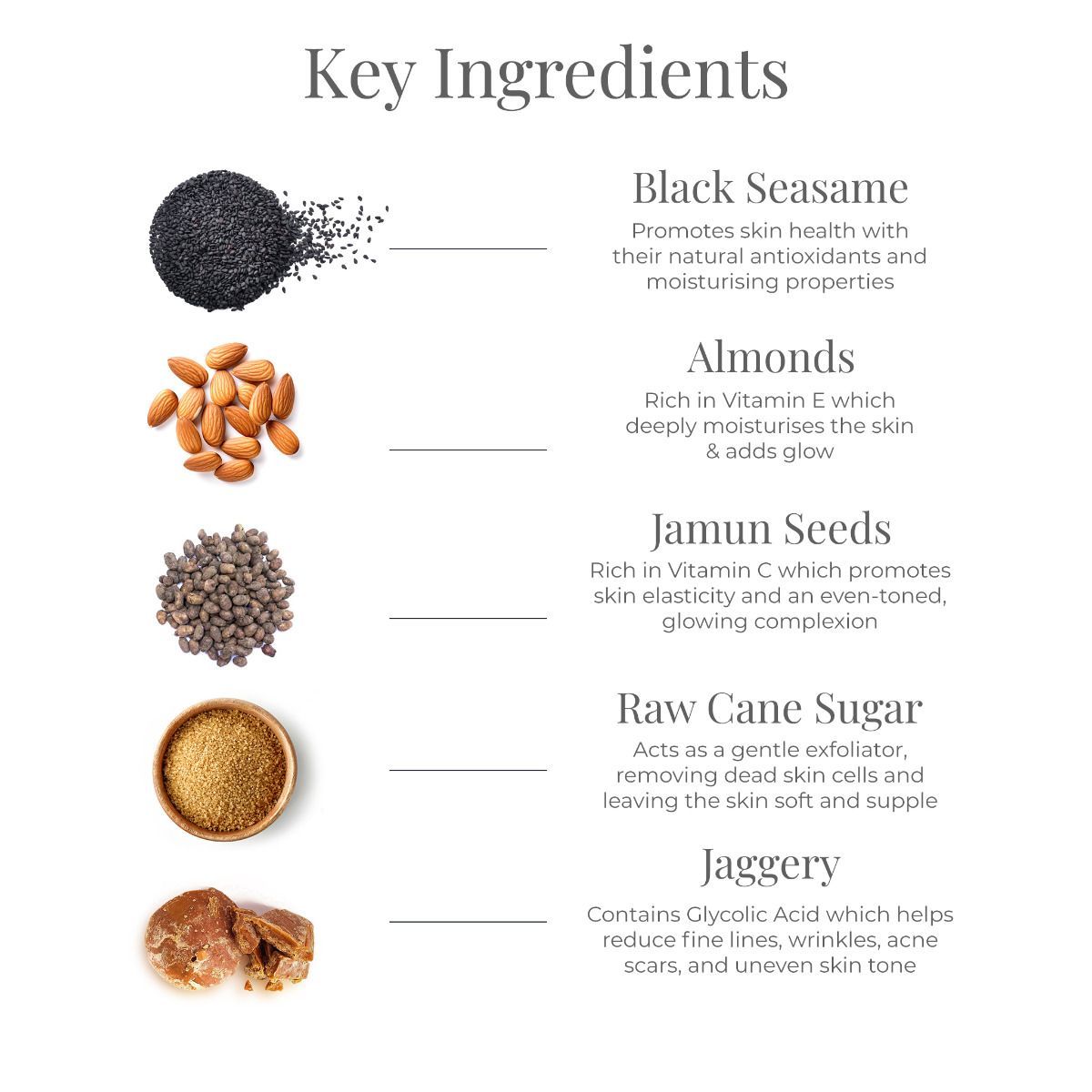
Creating your face masks and scrubs at home can be both fun and rewarding. Understanding the key ingredients is crucial to ensure you get the best results for your skin type and concerns. Here are some essential ingredients to consider when making your DIY beauty products.
Natural Exfoliants
Natural exfoliants help remove dead skin cells, leaving your skin smooth and refreshed. Common options include:
- Sugar: A gentle exfoliant suitable for most skin types.
- Sea Salt: Ideal for a more intense exfoliation.
- Oatmeal: Perfect for sensitive skin due to its soothing properties.
Hydrating Agents
Hydrating agents are essential to keep your skin moisturized and plump. Some popular choices are:
- Honey: Known for its moisturizing and antibacterial properties.
- Aloe Vera: Provides hydration and soothes irritated skin.
- Yogurt: Contains lactic acid, which helps in gentle exfoliation and hydration.
Soothing Additives
Soothing additives can help calm and nourish your skin. Consider these options:
- Chamomile: Reduces redness and inflammation.
- Green Tea: Rich in antioxidants and helps soothe the skin.
- Cucumber: Provides a cooling effect and reduces puffiness.
With these ingredients, you can create a variety of face masks and scrubs that cater to your specific skin needs. Remember to always patch test new ingredients to avoid any adverse reactions.
Step-by-Step Guide to Creating Face Masks
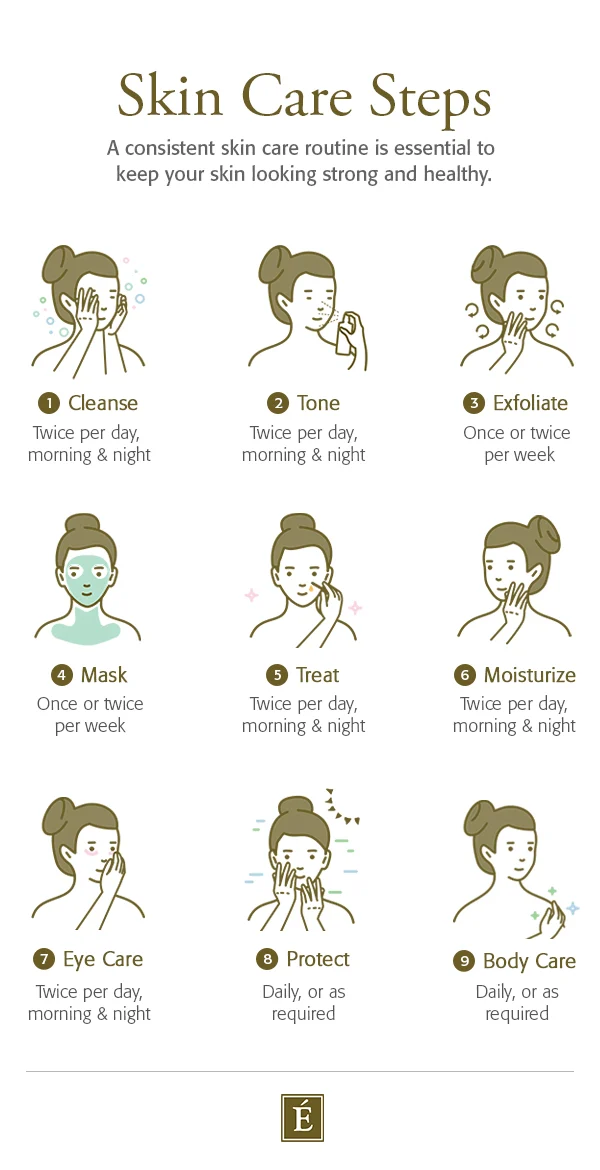
Balancing Dry Skin
For those struggling with dry skin, a DIY face mask can be a game-changer. Mix 6 tsp clay, 2 tsp aloe vera juice, 1 tsp natural raw honey, and a splash of natural spring water. Apply the mixture to your face, leave it on for 10-15 minutes, and rinse off with lukewarm water. This mask helps to hydrate and balance your skin, leaving it feeling refreshed and nourished.
Reducing Oily Skin
Oily skin can be managed effectively with the right ingredients. Combine 2 tbsp of bentonite clay, 1 tbsp of apple cider vinegar, and a few drops of tea tree oil. Apply the mask to your face, avoiding the eye area, and let it sit for 10 minutes before rinsing off. This mask helps to absorb excess oil and reduce shine.
Soothing Sensitive Skin
Sensitive skin requires gentle care. Mix 2 tbsp of oatmeal, 1 tbsp of yogurt, and 1 tsp of honey. Apply the mixture to your face and leave it on for 15 minutes. Rinse off with cool water. This mask is calming, and perfect for reducing redness and irritation.
Creating your own face masks allows you to tailor the ingredients to your specific skin needs, ensuring a personalized skincare experience.
Step-by-Step Guide to DIY face masks and scrubs
Creating your face scrubs can be a rewarding and effective way to maintain healthy, glowing skin. Follow these simple steps to use the coffee scrub on your face: start by cleaning your face with a gentle cleanser and then pat dry with a towel. Here’s a detailed guide to help you create different types of face scrubs tailored to your skin’s needs.
Gentle Exfoliation
For a gentle exfoliating scrub, you can use ingredients like oatmeal or finely ground almonds. These natural exfoliants help remove dead skin cells without irritating them.
Deep Cleansing
A deep cleansing scrub can be made using activated charcoal or bentonite clay. These ingredients help draw out impurities and toxins from the skin, leaving it feeling refreshed and clean.
Brightening Dull Skin
To brighten dull skin, consider using ingredients like lemon juice or papaya. These natural brighteners can help even out skin tone and give your complexion a radiant glow.
Remember, the immediate gratification of making your own skincare and beauty products is not only rewarding but also assuring that no harmful chemicals were used to make you look and feel beautiful.
Common Mistakes to Avoid in DIY face masks and scrubs
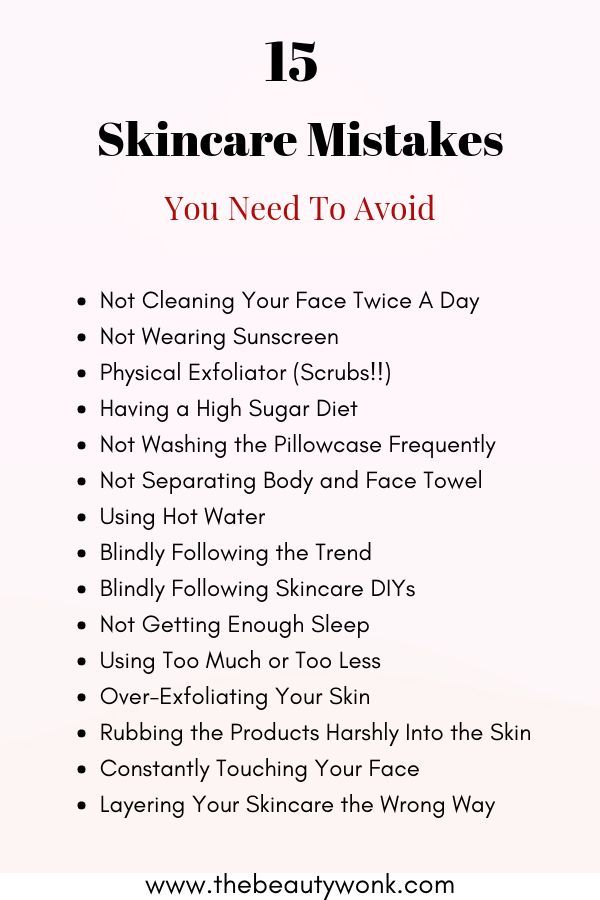
Creating your skincare recipes can be incredibly rewarding, but there are some common pitfalls to be aware of. Avoiding these mistakes can help you achieve the best results for your skin.
Holistic Self-Care with DIY Beauty
Holistic self-care is about more than just skincare; it’s a ritual of self-love and mindfulness that promotes overall well-being. By creating your own beauty products, you can transform your routine into a meaningful practice that nurtures both your skin and your soul.
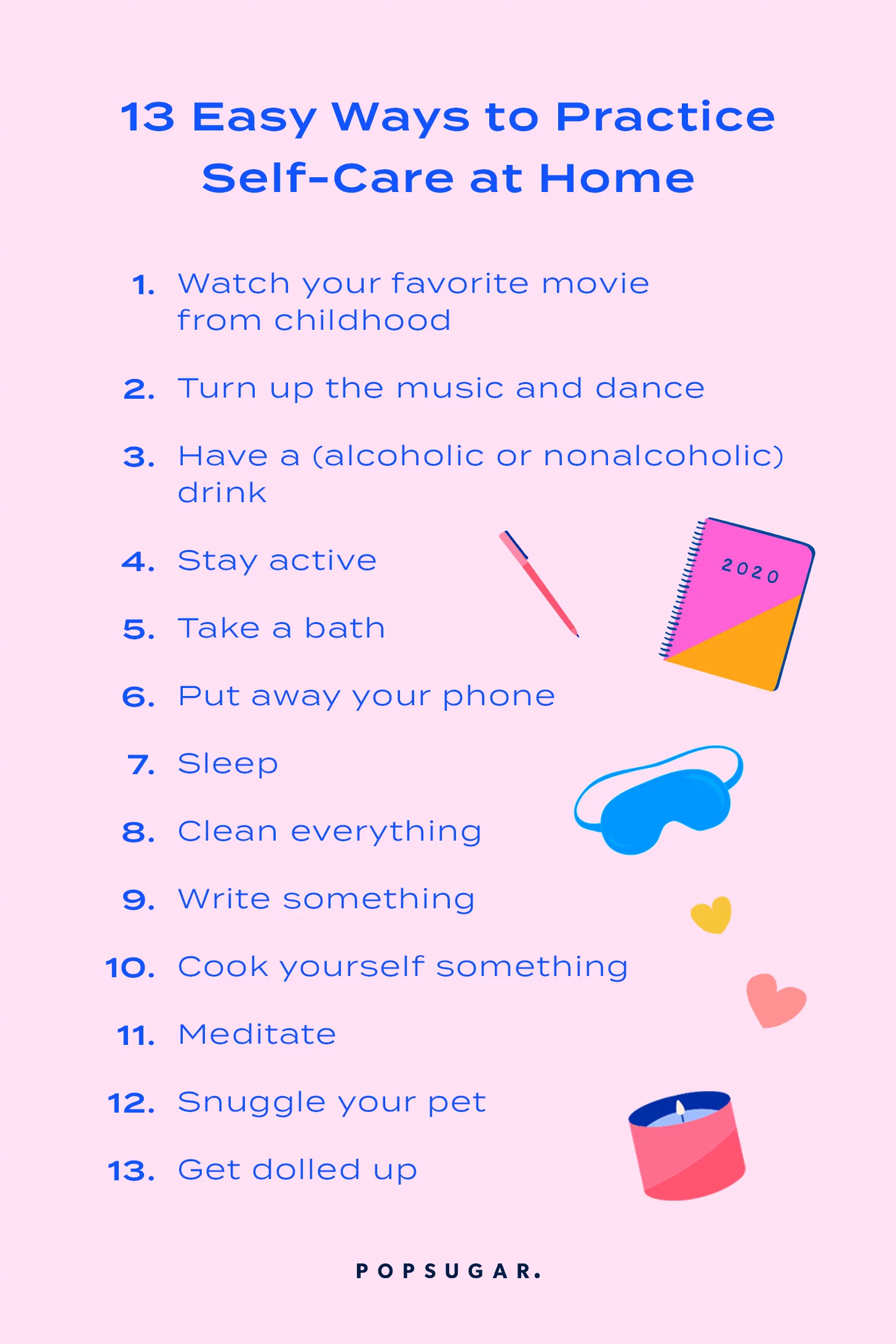
Mindfulness in Skincare
When you make your beauty products, you become more aware of the ingredients and their benefits. This mindfulness can extend to other areas of your life, encouraging a more thoughtful and intentional approach to self-care.
Creating a Relaxing Routine
Incorporate your DIY beauty rituals into a relaxing routine. Light a candle, play some soothing music, and take your time applying your homemade face masks and scrubs. This not only enhances the effectiveness of the products but also provides a calming experience.
Promoting Overall Well-Being
Holistic self-care with DIY beauty products can lead to improved mental and emotional health. The act of creating something beneficial for yourself can be incredibly empowering and uplifting.
Elevate your skincare routine into a ritual of self-love and mindfulness, promoting overall well-being.
Advanced Tips for DIY Beauty Enthusiasts
For those who have mastered the basics of DIY face masks and scrubs, it’s time to delve into more advanced techniques. Incorporating essential oils can elevate your homemade products, providing both therapeutic benefits and delightful scents. Essential oils like lavender, tea tree, and chamomile can be added to face masks and scrubs for enhanced effects.
Incorporating Essential Oils
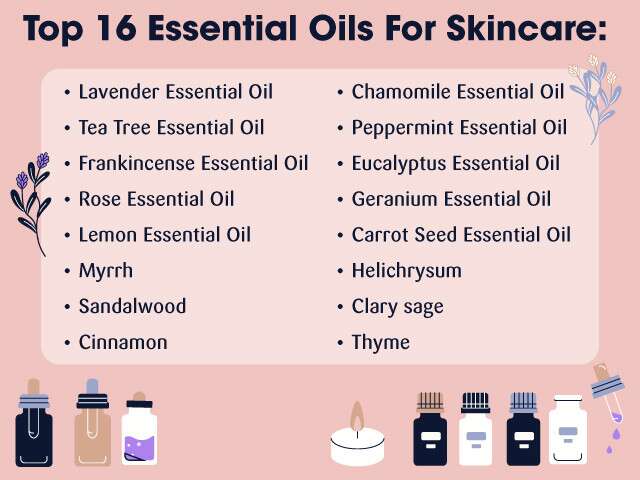
- Lavender Oil: Known for its calming properties, it’s perfect for soothing sensitive skin.
- Tea Tree Oil: Excellent for acne-prone skin due to its antibacterial properties.
- Chamomile Oil: Great for reducing redness and irritation.
Using Herbal Infusions
Herbal infusions are another way to boost the efficacy of your DIY beauty products. By steeping herbs in hot water, you can extract their beneficial properties and incorporate them into your skincare routine.
- Calendula: Helps in healing and soothing the skin.
- Rosemary: Known for its antioxidant properties.
- Peppermint: Provides a refreshing and cooling effect.
Experimenting with Clays
Clays are versatile ingredients that can be used in various DIY beauty recipes. They help detoxify the skin, absorbing excess oil, and providing essential minerals.
- Bentonite Clay: Ideal for oily and acne-prone skin.
- Kaolin Clay: Suitable for all skin types, especially sensitive skin.
- French Green Clay: Excellent for detoxifying and tightening pores.
Unlock the secrets of natural ingredients and craft your own skincare solutions tailored to your unique skin type. Embrace sustainability with tips on sourcing ingredients, minimizing waste, and using reusable containers.
Conclusion
DIY face masks and scrubs is not just a trend; it’s a rewarding practice that allows you to take control of what you put on your skin. By using natural and organic ingredients, you can ensure that your skincare routine is free from harmful chemicals and tailored to your specific needs. Whether you’re a novice or a seasoned skincare enthusiast, the recipes and tips provided in this guide offer a comprehensive approach to achieving glowing, healthy skin. So, dive into your pantry, get creative, and enjoy the immediate gratification of making your beauty products. Your skin will thank you for it!
Frequently Asked Questions
What are the benefits of DIY face masks and scrubs?
DIY beauty products allow you to control the ingredients, ensuring they are natural and free from harmful chemicals. They are also cost-effective and can be customized to suit your specific skin type and concerns.
What are some essential ingredients for homemade face masks and scrubs?
Some essential ingredients include natural exfoliants like sugar or oatmeal, hydrating agents like honey or aloe vera, and soothing additives like chamomile or lavender.
How often should I use a DIY face mask or scrub?
It depends on your skin type and the ingredients used. Generally, face masks can be used 1-2 times a week, while scrubs should be used no more than 2-3 times a week to avoid over-exfoliation.
Can DIY beauty products cause skin irritation?
Yes, if you use harsh ingredients or if you have sensitive skin. Always do a patch test before applying any new DIY product to your face to ensure there are no adverse reactions.
How should I store my homemade face masks and scrubs?
Store them in airtight containers in the refrigerator to prolong their shelf life. Most homemade beauty products should be used within one week.
Are there any advanced tips for DIY beauty enthusiasts?
Advanced tips include incorporating essential oils for added benefits, using herbal infusions, and experimenting with different types of clays to address various skin concerns.

